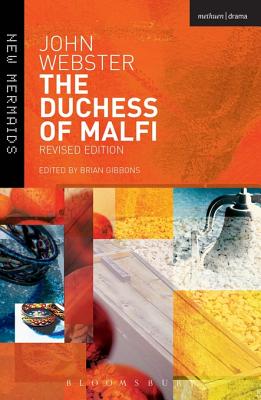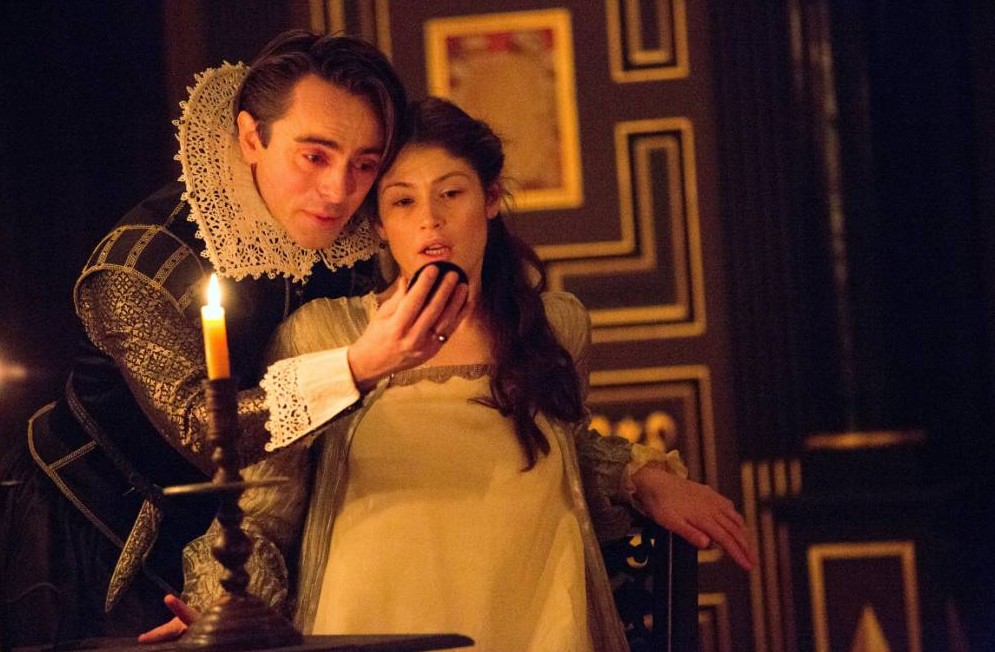

As a result of the second wave of feminism, women were more outspoken while campaigning for different rights, in 1967, this campaigning brought the legalisation of the contraceptive pill and abortions to all women allowing them sexual freedom and gave them the opportunity to broaden their aspirations far beyond motherhood and marriage.

This patriarchal view and expectations for women endure and can be seen explored by Fowles in ‘The French Lieutenant’s Woman’ since it is a novel written in the late 20th century but set in the 19th. Women were expected to be loyal and submissive towards their husbands. Jacobeans believed that women were chattels a possession of their fathers until married and chaste virgins upon marriage, then owned by their husbands much like any inheritable objects. Women in the bible are often described as a wife, daughters, or a concubine of the male characters. Indeed, the predominantly male images of God and the absence of powerful women seem to support this. Her introduction to John Webster appeared in the program for the Almeida production of play, and she has published a fuller introduction to the play in the anthology Women on the Early Modern Stage.Male dominance possibly could have been invoked through the representation of men in the Bible. Emma teaches Shakespeare at Hertford College, Oxford, and has written widely on Shakespeare and early modern drama. I’m delighted to be joined in this episode by an expert on Elizabethan and Jacobean drama, Professor Emma Smith. Both of these two productions affirmed that the Duchess remains a powerful female paradigm in our patriarchal world. There have been two recent revivals in London, one a dark and daringly modern production at the Almeida theatre this past year directed by Rebecca Fracknell, with Lydia Wilson in the title role, and a more traditional rendition in 2014 with Gemma Arterton as the Duchess, when the play was the first to open the Sam Wanamaker theatre, the Globe’s evocative indoor space. It is a play notorious for its bloody plot, but it has also endured because of the poetry of its language and the indomitable character of its protagonist.


Although set in Italy, it depicts a world of courtly ambition, love and intrigue fuelled by the existential battle between the Devil and God, that audiences in England at the time of James 1 would certainly have recognised. John Webster’s 400-year old revenge tragedy, The Duchess of Malfi, has always had a reputation as a potboiler of a play.


 0 kommentar(er)
0 kommentar(er)
